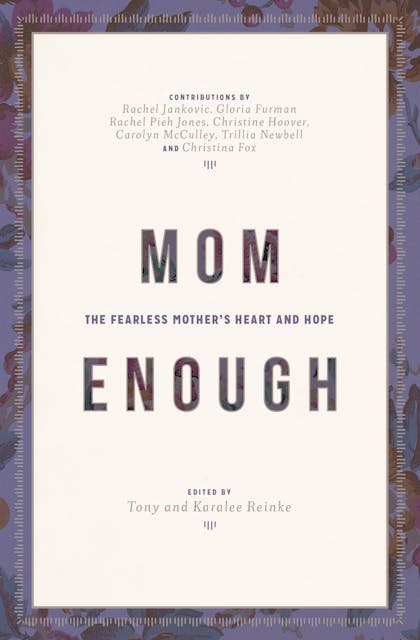Kissing the Wave
“How long, O Lord?” is a familiar cry to those who experience suffering and despair. In my own experience this question can be asked in both steadfast faith-filled hope and in faithless unbelief. I’ve asked it in both ways in the same hour or minute.
Trials teach hard lessons, as Charles Spurgeon said: “I have learned to kiss the wave that throws me against the Rock of Ages.”
And sometimes you get seasick when you’re learning to “kiss the wave.”
Kissing the Wave?
But what can Spurgeon mean, to learn to kiss the wave?
One thing he cannot mean is to call evil good. God’s word forbids us to do such a thing: “Woe to those who call evil good and good evil” (Isaiah 5:20). After he revealed his true identity to his brothers who had sold him into slavery, Joseph said, “As for you, you meant evil against me, but God meant it for good, to bring it about that many people should be kept alive, as they are today” (Genesis 50:20). Despite all of his hardship, Joseph was encouraged because he knew God was sovereign over his past, and he saw some of the good work God had already done through his trials.
Hindsight is 20/20, though, right? Where do we find comfort when we’re in the thick of trials in which we can’t see any good (at least not yet)? I think the answer to this question is also in Joseph’s story.
Joseph’s Story
There’s a common thread that runs through each account of Joseph’s ordeals from his being sold into Egypt as a slave to being wrongly incarcerated.
- “And the patriarchs, jealous of Joseph, sold him into Egypt; but God was with him” (Acts 7:9).
- “The Lord was with Joseph, and he became a successful man, and he was in the house of his Egyptian master” (Genesis 39:2).
- “His master saw that the Lord was with him and that the Lord caused all that he did to succeed in his hands” (Genesis 39:3).
- “But the Lord was with Joseph and showed him steadfast love and gave him favor in the sight of the keeper of the prison” (Genesis 39:21).
- “The keeper of the prison paid no attention to anything that was in Joseph’s charge, because the Lord was with him. And whatever he did, the Lord made it succeed” (Genesis 39:23).
There’s no doubt about it — the Lord was with Joseph. He was with Joseph in the pit. He was with Joseph in the house where he worked as a slave. He was with Joseph in jail. He was with Joseph in the court of Pharaoh. He was with Joseph in the most dramatic confrontation of his entire life. The waves kept throwing Joseph against the Rock of Ages.
God’s Nearness
I don’t think Spurgeon’s comment came from a sarcastic “Pucker up, Waves!” perspective, but one of humble sobriety and childlike faith in God who works all things for our good. Whenever we encourage one another in our home with “kiss the wave,” the words are often spoken into a tearful conversation as a lump rises in our throats and our hearts feels like they are being squeezed in a vice.
The nearness of God is our good. And the trials we endure in this fallen world, perhaps more than most other things, have a tendency to awaken us to this truth. We remember Jesus, who is called Immanuel (“God with us”), and the cross he bore for our sake. Can the waves of trials then drown us if we have a Substitute who endured the greatest trial in our place?
We can “learn to kiss the wave” because Christ is near to us and supreme over all things. He died and rose again to vanquish evil forever. Christ is to us wisdom from God, righteousness, sanctification, and redemption (1 Corinthians 1:30). You can’t get much nearer than that.
When there’s nothing in heaven or on earth or under the earth that can separate you from Christ’s love, waves of trials can only throw you onto the Rock of Ages. Resting on that Rock is where I’d like to be and stay forever, and may the Lord bless the means he uses to remind me of that.

Mom Enough: The Fearless Mother’s Heart and Hope is a short book that explores the daily trials and worries of motherhood from the perspectives of eight women. In the trenches, they have learned (and continue to learn) how to treasure God and depend on his all-sufficient grace.
The paradox of this book is the secret power of godly mothering. Becoming mom enough comes from answering the question, “Are you mom enough?” with a firm “No. But God is God enough.”




